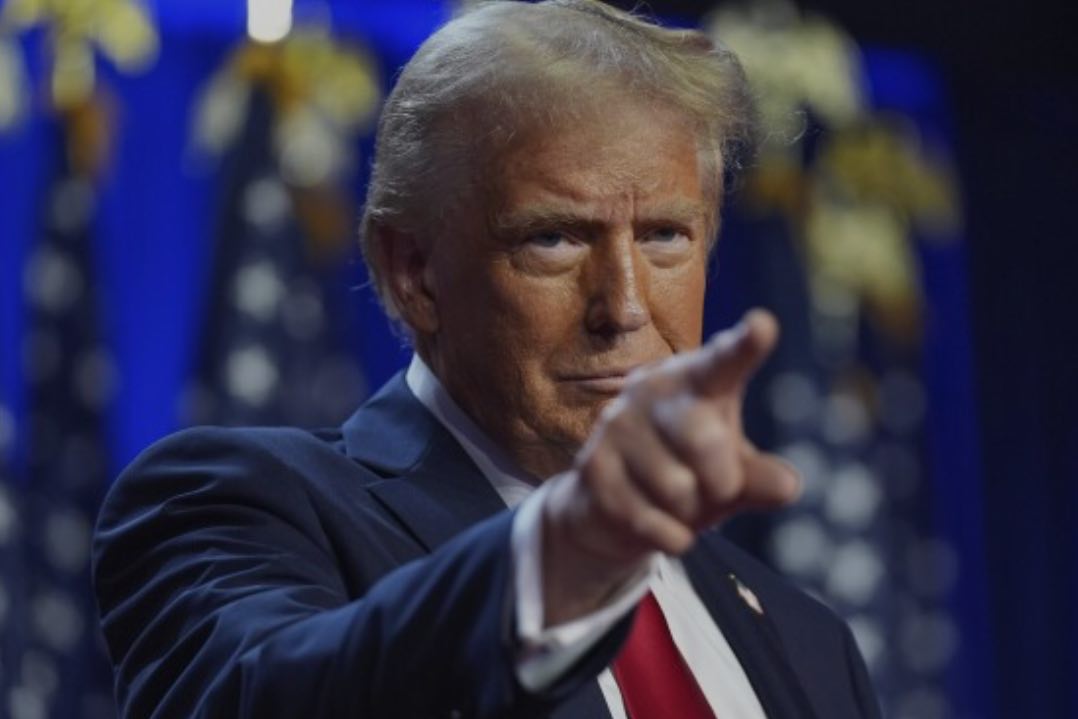Trump’s Confrontation with Europe
Trump’s Confrontation with Europe
Trump’s blatant disregard for international laws, sovereign borders, and NATO allies, with his ludicrous threats to annex Greenland by force, has prompted a swift and united response from France, Germany, and Spain. Many European leaders have announced their support for Denmark and expressed shock at Trump’s statements.
In areas like trade, technology, and space, it is much more likely that a Europe with a more nationalist approach will fragment in the face of an America that pursues a policy of division and governance through gaps, rather than remaining united. This is exactly what the Trump-Musk axis seems to be aiming for.
In his second term, Trump has shown that he has become more outspoken, while his unpredictability remains a hallmark of his approach.
Many European officials, who prefer to remain unnamed, emphasize in exclusive interviews with news networks that they are concerned about Trump’s specific views due to his unpredictability.
European officials, who are currently facing challenges due to the Ukraine war, Middle East conflicts, and increasing domestic problems, now have to deal with the complex and troublesome relations with the U.S. under Donald Trump’s presidency. The new American president’s ambition for direct negotiations with EU leaders and his administration’s reluctance to engage with EU representatives in Brussels has been contrary to European officials’ expectations.
European countries are facing a new tough international era. The presence of Ursula von der Leyen, President of the European Commission, at the Davos Economic Forum showed that the EU still lacks the necessary strategy for this situation.
More disappointing is that she, as the most powerful EU representative, did not outline a clear view on how Europe should deal with this new situation in her speech at the Davos Economic Forum.
Trump’s policies could have profound impacts on Europe’s relations and security. In a situation where Europe faces internal and external challenges, the response to Trump’s policies could affect the future of the EU and regional stability.
With the beginning of Trump’s presidency, European officials are worried about losing European unity and ideals. They face various challenges, especially in areas like NATO funding, trade relations, and support for Ukraine.
Past experiences from Trump’s first term have heightened these concerns.
The start of Trump’s second term could be seen as a serious test for the EU, and Trump’s policies could exacerbate these challenges. European officials need to seek solutions through solidarity and cooperation to tackle these challenges.
Otherwise, Europe’s unity and stability might be at risk. European countries have deep concerns about Trump’s foreign policy, viewing him as unpredictable, making all the decisions himself. Public hostility towards Trump is greater in Europe than elsewhere, with more concerns.
EU member countries face political and economic challenges, especially in Germany and France. Trump supports right-wing parties in Europe that advocate for leaving the EU.
After meeting with Danish Prime Minister Mette Frederiksen, the German Chancellor announced that Berlin supports Denmark in the ongoing dispute with Trump over Greenland and emphasized the fundamental importance of European countries’ territorial integrity.
In his view, the inviolability of borders is a fundamental principle of international law, and this principle must be upheld by all. I clearly stated a few days ago from here that borders should not be moved by force.
Frederiksen also emphasized that European countries must take more responsibility, strengthen their cooperation, and adopt a more united stance to protect their interests. We in Europe must act more strongly.
We need a stronger and more determined Europe that is more self-reliant and can defend and support European interests. The future of our continent must be defined by Europe itself.
The Danish Prime Minister held high-level talks in European capitals to garner key allies’ support regarding Denmark’s sovereignty over Greenland. He met with French President Emmanuel Macron in Paris and NATO Secretary General Mark Rutte in Brussels. Undoubtedly, the promotion of far-right agendas and Trump’s dangerous and threatening statements have worried the world.
According to the results of two surveys published in Greece, the people of this country, unlike its right-wing government, are concerned about the start of Trump’s presidency. According to the results of the PULSE Greece survey, 27% of citizens are worried about President Trump, and 12% are pessimistic. 9% of Greeks are satisfied with Trump’s election, and another 9% are optimistic about his presidency.
22% are curious and 16% indifferent. According to the results of the GPO survey in this country, 48.2% of the people assess Trump’s presidency’s impact on Greece as negative and 41.3% as positive. 76.6% of citizens also believe that Trump’s election will strengthen right-wing political parties in Europe, while only 14.9% disagree with this assessment.

